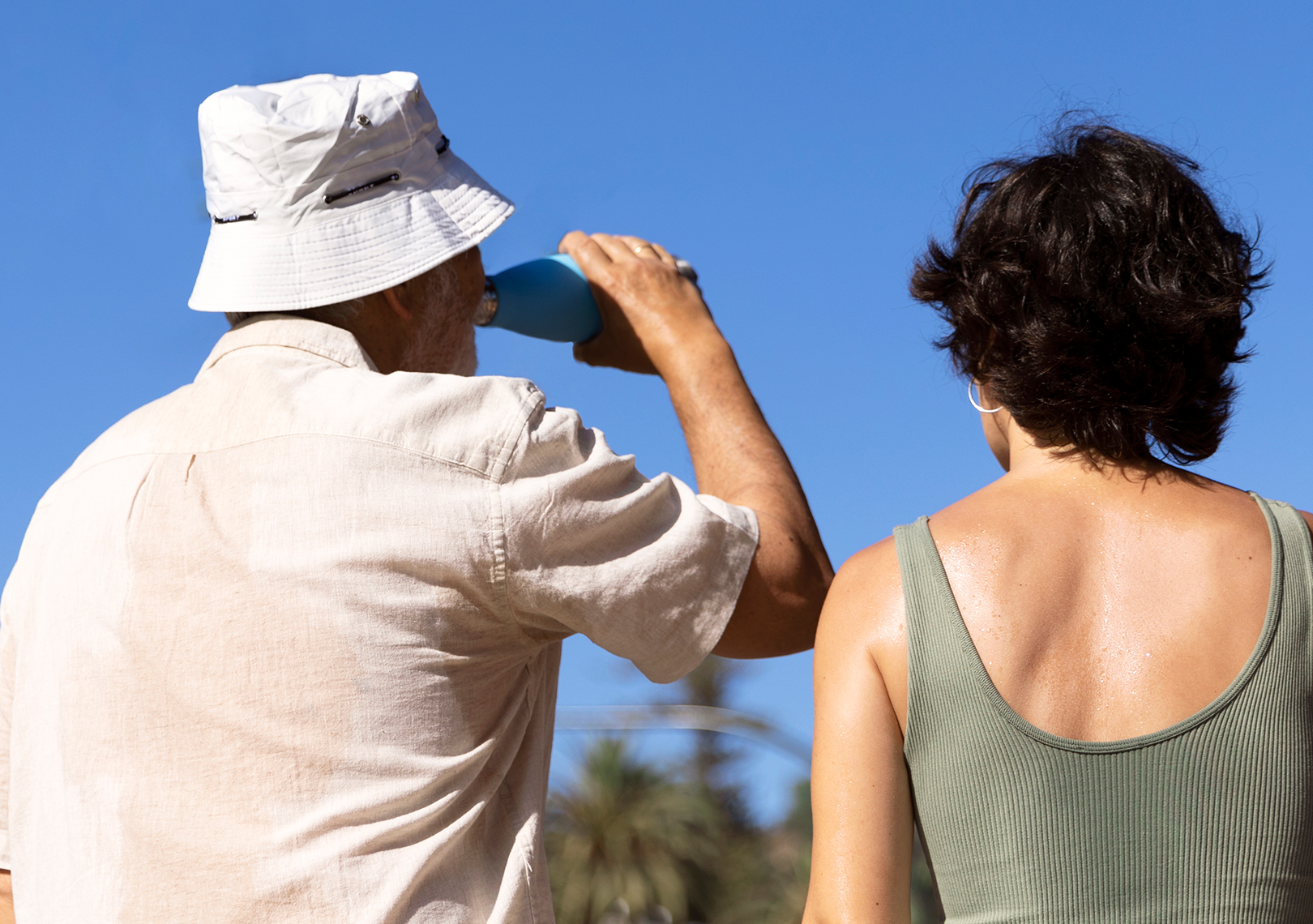
21 August 2025
10 Warning Signs You Shouldn't Ignore Even While on Vacation
Vacations are synonymous with rest, relaxation, and well-being. It’s the perfect time to leave stress behind and recharge your energy. However, your body doesn’t take a break — and when something isn’t right, it will send signals. Even away from your usual routine, it’s essential to pay attention to certain signs that may indicate more serious health problems.
Ignoring symptoms can delay important diagnoses and worsen conditions that could be easily treated if caught early. Here are the main warning signs you should watch for during the summer.
1. Persistent fever
If your body temperature stays above 38.5ºC (101.3ºF) for more than two days or spikes suddenly without an apparent cause, you should investigate. It could be an infection such as tonsillitis, a urinary tract infection, or even a stomach virus. In exotic destinations, fever may indicate diseases transmitted by mosquitoes.
2. Severe or continuous abdominal pain
Digestive discomfort is common due to dietary changes or travel stress. But intense, localized, or persistent pain — especially when accompanied by nausea, vomiting, or bloating — could signal appendicitis or gastrointestinal infections.
3. Abnormal leg or foot swelling
Some swelling is normal after long travel or on hot days. However, if it’s severe, asymmetrical, painful, or accompanied by redness or warmth, it may indicate circulation problems that require medical attention.
4. Shortness of breath or extreme fatigue
Feeling tired after a busy day is normal. But if you experience fatigue at rest, or it comes with difficulty breathing, chest tightness, or dizziness, it may point to a more serious heart or lung issue.
5. Sudden and intense headache
A sudden, severe headache that feels different from your usual headaches should not be ignored. If it’s paired with confusion, nausea, or vision changes, seek medical care immediately.
6. Prolonged diarrhea or vomiting
Eating out, trying new foods, or drinking untreated water can cause food poisoning. If symptoms persist or signs of dehydration appear, medical treatment may be necessary.
7. Strange skin rashes or irritation
Sun exposure, saltwater, or chlorine can cause skin reactions. Still, if dark spots, persistent redness, itching, or blisters appear, pay close attention. These can indicate allergies or skin infections.
8. Confusion, drowsiness, or behavior changes
Especially in children and the elderly, symptoms like apathy, disorientation, or unusual sleepiness must be taken seriously. These may relate to dehydration, infections, low blood pressure, or heatstroke.
9. Chest pain, even mild
Any chest discomfort should be checked, especially if it occurs during rest or activity, radiates to the arm, neck, or jaw, or comes with cold sweats or nausea. It could be the early sign of a cardiac event.
10. Persistent symptoms in children
Kids are more exposed to changes in environment, diet, and routine during vacations. If your child has prolonged fever, loss of appetite, constant crying, sleep disturbances, or skin changes, consult a pediatrician.
✅ Conclusion
Vacations are meant for rest, but health always comes first. Paying attention to what your body is telling you can prevent complications and help ensure a smooth, relaxing break. At the first sign of trouble, don’t hesitate to seek medical care.
💡 With the Misericórdias Saúde Card, you can access quality clinical care wherever you are. Take care of yourself — even on holiday.

10 July 2025
Heatstroke in the Elderly and Children: How to Prevent and Respond

01 July 2025
Burnout: How to Recognize the Signs Before It's Too Late?

03 June 2025
Health and Environment – How do air, water, and noise affect our bodies?

